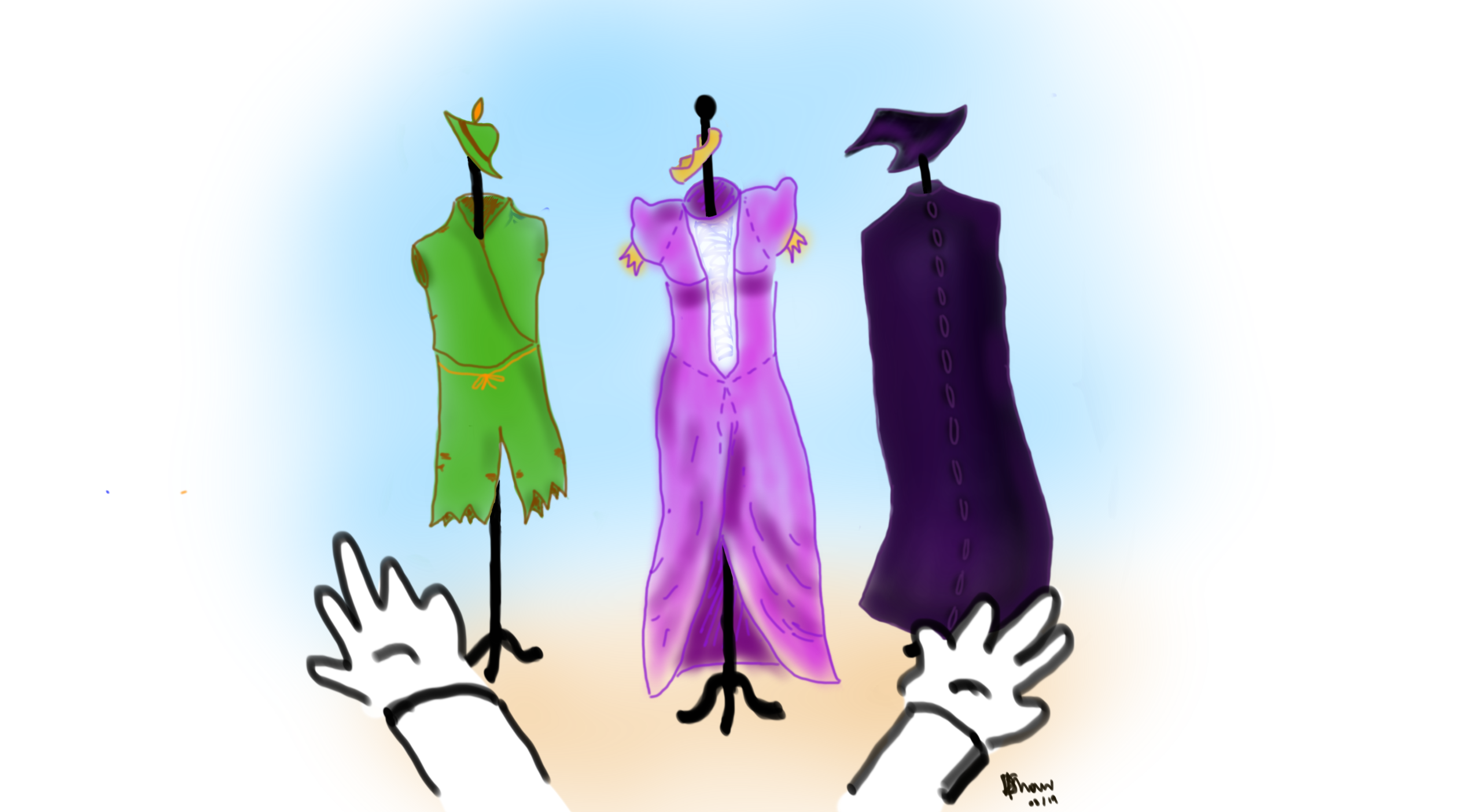SEGOVIA – Eco Club & IE Green Week Panel Discussion, October 22nd, 2019
On Tuesday, October 22nd, as part of the IE Green Week, the IE Segovia Eco Club organized a panel discussion featuring Borja Santos, executive director of the IE School of Public and Global Affairs, Max Oliva, Deputy Director for Social Innovation at IE University, Belén Aguero, investigator for the CIECODE think tank, and Elena Pita, Adaptation Program Officer in the Climate Change Unit of the Regional Office for Latin America and the Caribbean of the United Nations Environmental Program.
The program began with a brief introduction by Campus Life’s Clint Goodrich, then each speaker gave a brief presentation over their work and views on the 17 Sustainable Development Goals (SDGs) for economic and social development published by the UN for 2030.
Borja Santos presented first, talking about how individual IE students have progressed these goals after graduation. He spoke about María Ortíz de Mendivil, who graduated from the BIR program in 2016 and joined ACCIONA, an energy company dedicated to renewable energy internationally. There, she coordinates sustainability reports and monitors her company’s progress on the 17 UN SDGs. He also presented on other former BIR and BBA-BIR students who have contributed greatly to these goals.
Following Borja, Max Oliver spoke on different IE initiatives to reduce its own waste and carbon footprint. For example, he covered the “Plastic Free Campus” initiative seeking to eliminate single-use plastics from IE, the Net Impact Club working to make IE more sustainable, and the Masters in International Development, which partners with the UN to move towards the SDGs.
The conversation then took a broader approach with a presentation from Belén Aguero. Miss Aguero is an investigator with CIECODE, a transparency non-profit focused on climate-related legislation in Spain. She displayed two major projects from her non-profit: a searchable database of every law passed by the Spanish government, and a platform to preserve electoral manifestos post-election season. The first project, Parlamento2030, uses AI to match every bill passed with the SDGs, making sure that bills passed had an impact on these goals. This project will soon see expansions into Andorra and Paraguay. The second project, Open Manifesto Project, works to hold elected officials accountable by preserving their promises post-election so politicians must act on their election platforms, specifically on climate-related legislation.
From here, the conversation went global with a talk by Elena Pita, who focused on how international dynamics have played a part in the fight (or lack thereof) against climate change. She soon shifted her presentation to how the various degrees at IE could play a part in this fight. For example, Communication majors could use their degree to shape the conversation around climate change, and Architecture and Design majors could help build cleaner buildings and cities.
After these presentations, the audience had the chance to ask a few questions. One notable question was “what IE is doing to limit its waste and carbon footprint?” Originally, the question was directed at Max Oliver, who avoided the question entirely and did not reply with any actual measures taken by the administration. When the question shifted to Borja Santos, he gave an answer about “sustainability kits” that the university will give incoming students next year, and highlighted the sustainable backpacks provided to incoming freshmen in the 2019-2020 school year. However, like Max Oliver, he failed to mention any steps that will actually affect the environment in a positive way. Most students did not need backpacks, simply increasing waste, and the sustainability kits next year will fail to amount to anything more than another gimmick by the administration to tick the eco-friendly box.
After the Q/A session, two clubs, the Eco Club and the recently founded Sustainable Development Goals Club had a chance to present, covering their clubs and goals for the year. The Eco club focuses on local and on-campus issues regarding the environment and seeks to manifest concrete change within the IE community. They already started this with the Sustainable Action Committee, a student led body which advises the IE administration on sustainability issues.
The Sustainable Development Goals Club, on the other hand, will focus on raising awareness for sustainable development abroad by bringing speakers related to the SDGs to Segovia for presentations and workshops, with the end goal of executing a development project abroad. These clubs hope to partner on overlapping topics of eco-friendly development in the future.
Overall, the panel discussion provided an interesting view on the different manifestations of the Sustainable Development Goals both at home and abroad and encouraged students to continue work on these goals after graduation. However, the inability of Borja Santos and Max Oliver to answer the question of sustainability on campus apart from backpacks and water bottles says something about the administration’s attitudes towards this issue: “talk the talk, but don’t walk the walk”.







